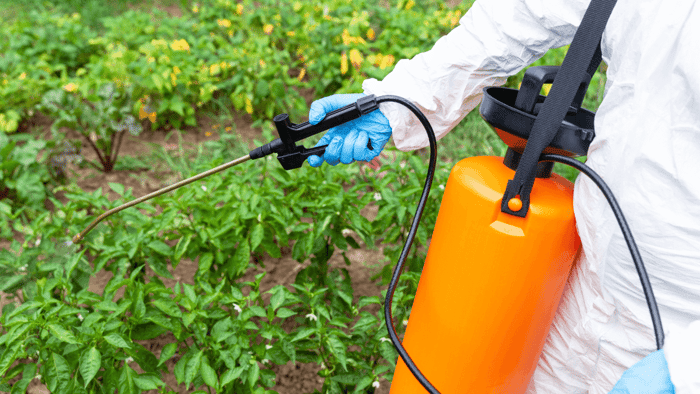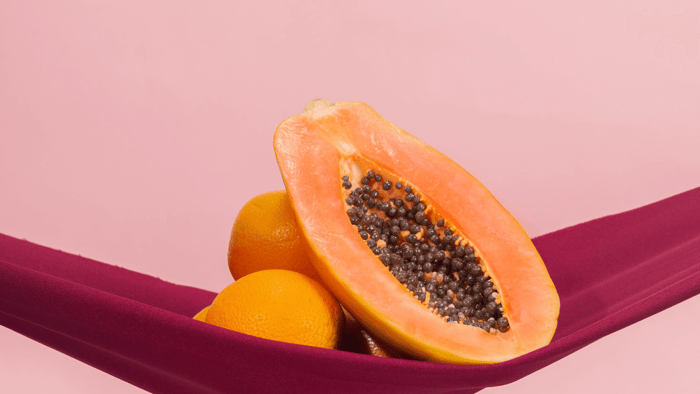
Healthful or Harmful: 4 Myths of CBD - Over the past few years, the CBD market has exploded with CBD supplements, CBD gummies, CBD topicals—the list of products, and potential benefits of CBD, is endless. With such an oversaturated market and a brand-new product category comes a host of misinformation. Dig into some of the misconceptions of CBD to help get you better informed on what it is you’re using, and if it could actually be of benefit to you.
What Exactly is CBD?
Cannabidiol oil, or CBD oil, is created via extraction from the cannabis plant and dilution with a carrier oil. It is just one of more than 100 chemical compounds called cannabinoids found in the cannabis plant, Cannabis sativa. CBD oil is favored for its proclaimed pain relief and relaxing sensations sans mind-altering effects.
Misconception #1: CBD is illegal
In 2018, the Agriculture Improvement Act revised the definition of marijuana to exclude hemp—plant material that contains 0.3% or less THC.
To that end, hemp-derived CBD products are legal on the federal level but are still illegal under some state laws. Cannabis-derived CBD products, on the other hand, are illegal on the federal level but are legal under some state laws.
Misconception #2: CBD will get you high or result in failed drug tests
Unlike tetrahydrocannabinol or THC, the main psychoactive cannabinoid found in cannabis, CBD is not psychoactive. CBD contains less than 0.3% of THC, not enough to induce the feeling of being “high.”
CBD was first isolated in 1963, a whole year before THC. Isolated CBD contains 0% of THC and will not cause a failed drug test. While Full Spectrum CBD does contain THC, and even though it’s less than 0.3%, can potentially cause a positive drug test.
Misconception #3: No scientific studies support CBD as a treatment for health conditions
With a market awash in products claiming to be fixes to just about anything and everything, one of the prevalent claims is that there isn’t actually any scientific evidence supporting its health claims. This isn’t necessarily the case.
In 2018, the FDA approved Epidiolex, the first CBD-based seizure medication since cannabis was classified as a Schedule 1 drug. Schedule 1 means that cannabis is considered addictive and has no medical value, but the results of the medication’s clinical trials were so effective that the FDA changed its tune.
Research has also found that CBD helps to reduce chronic pain by reducing inflammation and interacting with neurotransmitters. Many users, including cancer patients, attest to the pain-reducing effects.
Columbia University even found that CBD could effectively treat glioblastoma, a cancerous brain tumor. The study indicated that CBD induced cell death and enhanced radiosensitivity of glioblastoma cells but avoided normal, healthy cells.
Misconception #4: As a Schedule 1 drug in the US, there’s no research available on CBD
While CBD’s status as a Schedule 1 drug does make it difficult to research, that doesn’t mean there isn’t any information available on it. Plenty of research has been done on the compound outside of the United States, and even some funded studies within the States.
With science-backed information, including more clinical studies into effective uses and dosing, we can safely resolve misconceptions about CBD and lift the veil of mysteries surrounding this compound. In doing so, we make it a safer experience for suffering people looking for a new way to relieve pain, reduce anxiety, and treat other health concerns.
Want to know everything going on in natural health and beauty? Sign up for BVU's newsletter. You can also follow along on Instagram and Facebook.




